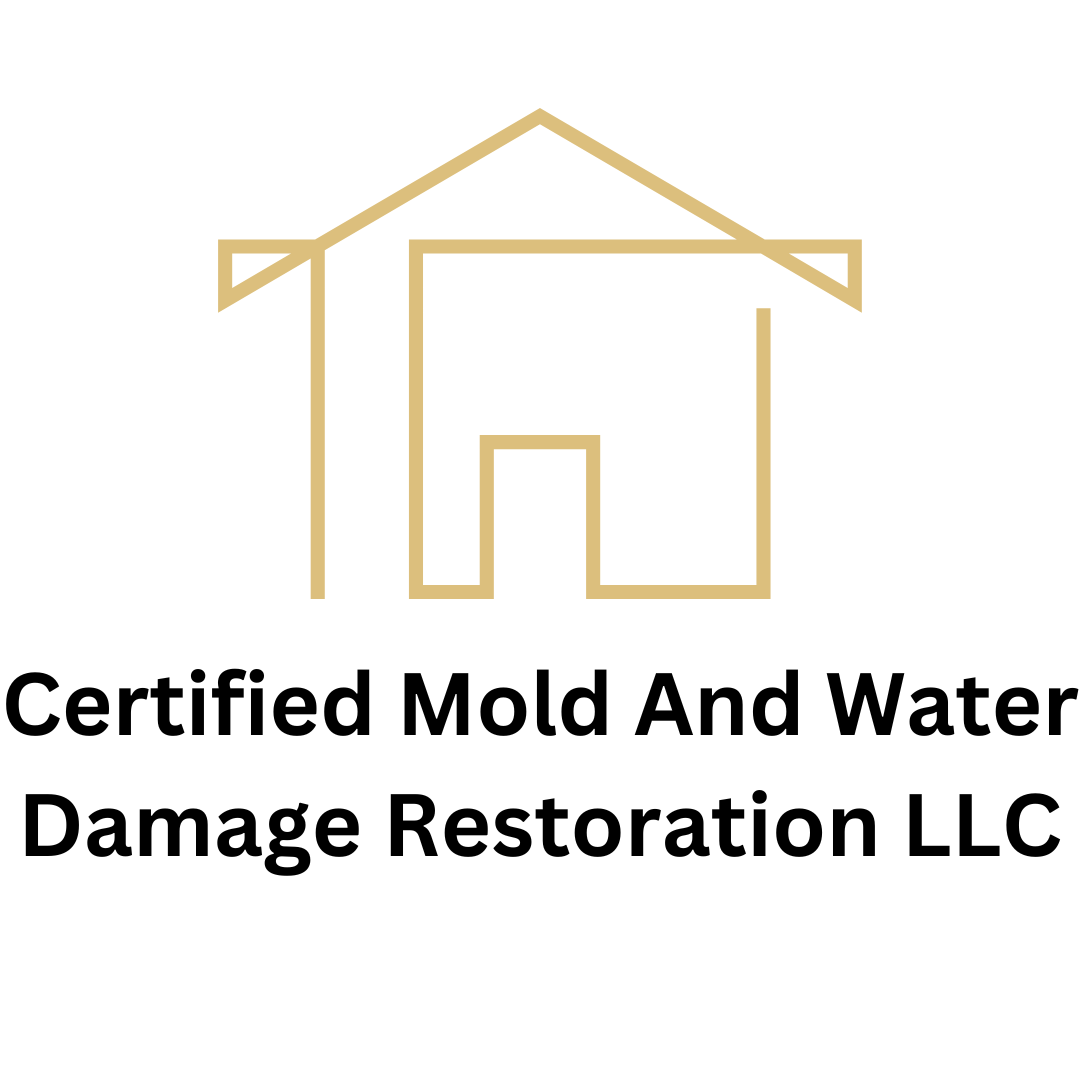What does it mean when your water pipes burst?
The first task is to locate the source of the break. You’ll need to call a plumber or take care of it yourself if you have some plumbing experience. To start, turn off the main water line coming into your home so that no more water can enter through broken pipes. Use a wrench for this process. Next, use an electrician’s snake to clear out any debris that may be clogging up your lines. Snaking will help push air through the existing system and carry any remaining leaking water along it, which should expedite drying times significantly. Now you’re ready to address repairs.
Pipes are generally made from copper, PEX (a plastic water tube), or galvanized steel. These materials can all be repaired without too much fuss. Taking the time to dry out your lines thoroughly should pay significant dividends by preventing mold growth, which can cause secondary damage that is difficult and costly to fix. If you’re not sure what type of pipes are installed under the sink or elsewhere in your home, read this article for more information on how to identify them.
Water pipes burst due to pressure build-up within a system. That means if there has been an extensive amount of precipitation recently, it may have simply made any existing leak larger and caused it to blow completely through sections of pipe. But high water tables will also force their way up through the earth, looking for a less saturated surface, often causing pipes to break at the joints. Age is also a common culprit, as materials like copper and galvanized steel corrode over time when exposed to water and minerals in the soil.
In some cases, a burst pipe can be a sign that there is a more significant plumbing problem lurking beneath the surface. If you’re seeing frequent incidents of water spilling out onto your property, it might be a good idea to call in a plumber for an inspection. You could be dealing with something like tree roots growing into your lines, which can cause extensive damage over time if left untreated.
Preventing pipe bursts may seem like a daunting task, but there are several things homeowners can do to minimize the risk. Regular maintenance and inspections are essential, while only using the amount of water necessary for your needs will also help. Water conservation is critical when periods of drought are expected.

Recent Comments